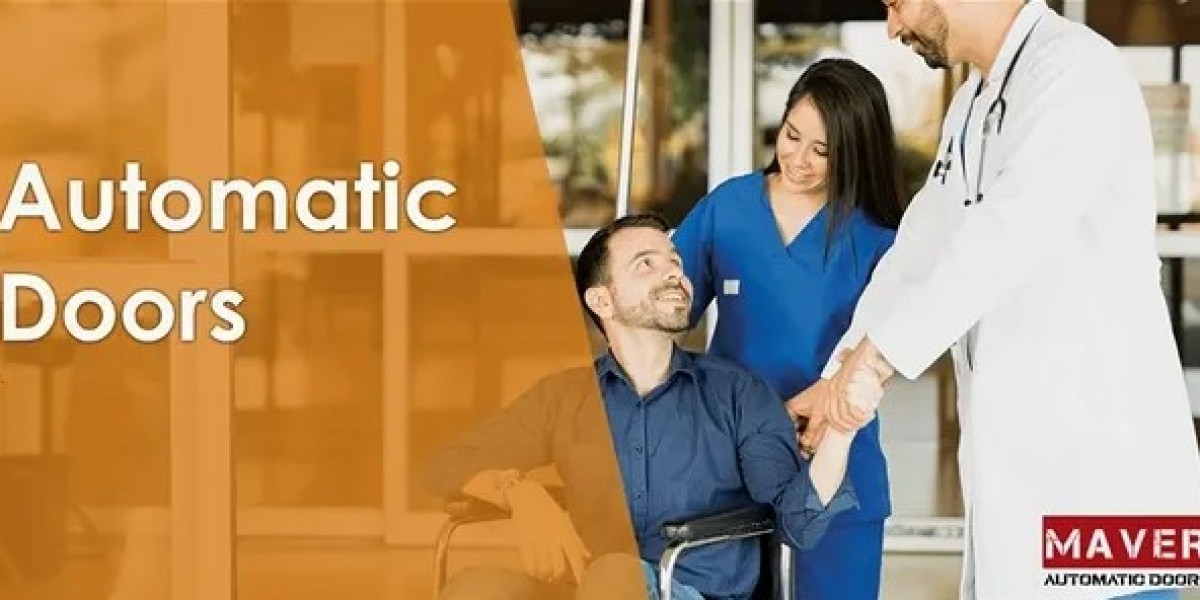Introduction
Metal doors are a popular choice for various properties due to their durability and strength. However, keeping these doors properly closed can be a challenge, leading to security vulnerabilities and unnecessary energy wastage. This is where door closers come to the rescue.
The Importance of Door Closers
Door closers play a crucial role in maintaining the security and energy efficiency of a building. They ensure that doors close automatically after being opened, preventing unauthorized access and minimizing temperature fluctuations.
Benefits of Using Door Closers
Installing door closers on your metal doors offers a range of benefits. Not only do they enhance security, but they also contribute to energy savings by preventing conditioned air from escaping and outdoor air from entering.
Different Types of Door Closers
There are various types of door closers available to suit different door configurations and aesthetic preferences. These include surface-mounted door closers, concealed door closers, floor spring door closers, and overhead door closers.
Surface-Mounted Door Closers
Surface-mounted door closers are visible on the surface of the door and frame. They are easy to install and suitable for a wide range of applications.
Concealed Door Closers
Concealed door closers are hidden within the door or frame, offering a more streamlined appearance. They are ideal for situations where aesthetics are a priority.
Floor Spring Door Closers
Floor spring door closers are installed in the floor beneath the door. They provide a smooth and controlled closing motion and are commonly used in glass doors.
Overhead Door Closers
Overhead door closers are installed on the door's header and frame. They are adjustable and suitable for heavy and high-traffic doors.
Factors to Consider Before Choosing a Door Closer
Before selecting a door closer, consider factors such as the door's weight, size, location, and the level of desired control over closing and latching speed.
Installation Guide for Door Closers
Installing a door closer involves several steps to ensure proper functionality.
Gather the Necessary Tools
You'll need tools like a drill, screwdriver, measuring tape, and a template for accurate installation.
Assess the Door and Frame
Examine the door and frame to determine the type of installation that's suitable.
Attach the Door Closer Body
Mount the door closer body on either the door frame or the door itself, depending on the closer type.
Install the Arm and Bracket
Attach the arm and bracket to the door and frame, allowing the door to open and close properly.
Adjusting the Closing and Latching Speed
Most door closers have adjustable closing and latching speed. Follow the manufacturer's instructions to set these correctly.
Maintaining and Troubleshooting Door Closers
Regular maintenance ensures the longevity and functionality of your door closer.
Regular Lubrication
Apply lubricant to moving parts to prevent friction and ensure smooth operation.
Checking for Leaks
If your hydraulic door closer is leaking fluid, it may need to be repaired or replaced.
Ensuring Proper Alignment
Check the alignment of the door closer and adjust if necessary to prevent misalignment issues.
Common Issues and Solutions
Issues like squeaking, slamming, or incomplete closing can often be resolved with simple adjustments or replacements of damaged parts.
Enhancing Security with Door Closers
Door closers add an extra layer of security by ensuring that doors are consistently closed and latched.
Energy Efficiency and Door Closers
By preventing drafts and maintaining indoor temperatures, door closers contribute to energy efficiency.
Choosing the Right Door Closer for Your Metal Door
Consider factors like the door's size, weight, and location to choose a door closer that meets your needs.
DIY vs. Professional Installation
While some experienced individuals may opt for DIY installation, professional installation ensures accurate setup and optimal performance.
FAQs
Can I install a door closer myself?
Yes, you can, but it's recommended to follow manufacturer guidelines or seek professional assistance.
Do door closers work on all types of doors?
Door closers are designed for various types of doors, but compatibility varies. Check the specifications.
Are there any alternatives to door closers?
Yes, door stops and holders can serve as alternatives, but they don't provide the same level of control.
Can door closers be installed on fire-rated doors?
Yes, certain door closers are suitable for fire-rated doors. Look for those with the appropriate certifications.
Where can I buy high-quality door closers?
You can find reliable door closers at hardware stores, specialized retailers, or online marketplaces.
Conclusion
Door closers offer a practical solution for ensuring the security and energy efficiency of your metal doors. By automatically closing doors after use, they contribute to a safer and more controlled environment. Whether for residential or commercial use, installing the right door closer can make a significant difference in the overall functionality and convenience of your doors







